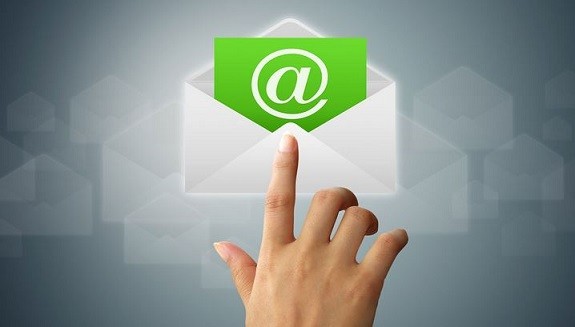Several years ago, I picked up a line from some friends who run a coworking space here in Vancouver. I don’t recall exactly who said it, but it’s a very poignant message for any small business owner: Just because you work for yourself doesn’t mean that you need to work by yourself. Brilliant, don’t you think?
For those of us who earn our living online, it’s easy to fall into the trap of becoming an antisocial hermit, hiding behind a keyboard and mouse in the darkest corners of our home offices. It’s great to be enthusiastic about your online business and you could find yourself passionately working clear through into the wee hours of the night. But you still need to interact with other people at some point. These could be friends and family, but they’re also going to be colleagues, clients, customers, vendors and business associates.
And if you have a business on the Internet, there’s a good chance that the default form of communication is via email. This is both fantastic and horrible.
Why Email Is Ideal
Speaking for myself, I really like using email as a means of staying in contact with my freelance writing clients. First, because it’s over the Internet, it’s easy enough for me to get in touch with clients regardless of where they are in the world. I don’t have to deal with long distance calling or anything like that.
Second, email is an asynchronous form of communication. The two (or more) parties involved don’t have to be available and present at the same time like how they would with a phone call or Skype video call. There’s less pressure and you can take that moment to collect your thoughts.

Third, and this is one of the bigger reasons why I don’t like talking on the phone, email is inherently a built-in record of the conversation. When you’re juggling multiple clients and multiple projects, it’s easy to lose track of the details. It’s even easier to forget about something that you may have done months or even years ago. When you use a service like Gmail to power your email, you can easily search through old messages and get the exact wording of what you or the contact said.
There’s no ambiguity and there’s no “I thought you said this” or “I thought you said that.” When you have in-person meetings or teleconferences, you end up having to take notes to remember what was discussed and these may not be completely accurate. You could save an audio recording, but those aren’t nearly as searchable as the plain text of an email.
Why Email Isn’t Enough
Of course, as much as we live and breathe through the world wide web, email is not without its significant shortcomings. One of the reasons why Internet marketing pro Ian Fernando doesn’t put his email address on his business cards is that he finds emails can be too generic, too canned and too impersonal. People don’t take them seriously. If someone picks up the phone to talk to you, however, they’re far more likely to establish a real connection with you. In-person meetings take things one step further.
And that’s really a big part of this. Some of the best business deals are done not via email, but when they are put on the spot and are able to forge that closer relationship. Emails can be easily discarded and ignored, but an in-person meeting is far more memorable.
What’s more, each individual email message can very easily be lost in the mix. We all receive a lot of messages each day and the urgency of a business proposal can sometimes get buried under countless newsletters and social media notifications. A phone call or a Skype conversation can rise to the surface.
The Language of Online Business
At the end of the day, no single form of communication is going to be sufficient when it comes to conducting your online business, whether you’re a freelance writer, consultant, app developer or affiliate marketer. Email is a standard, to be sure, but you’ll need to supplement it with Skype, IM, Facebook, voice calls and more. The challenge is keeping track of all those conversations and forming those real business relationships for mutual benefit.
